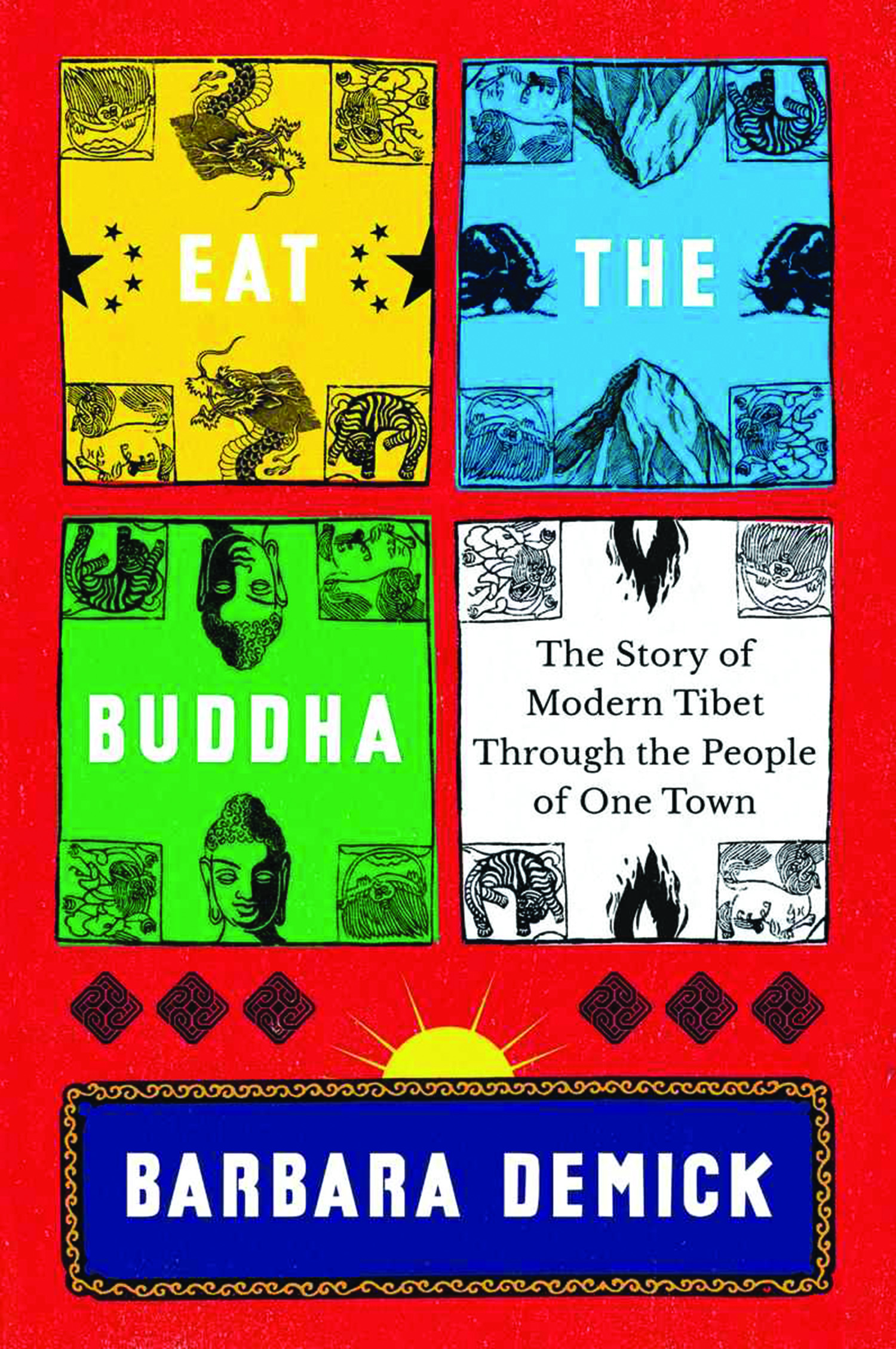One of the most prominently featured characters in Barbara Demick’s new book is called Gonpo. Born in 1950, a year after Mao Zedong declares a ‘New China’, she is the daughter of a King in Amdo, a region on the eastern end of the Tibetan Plateau in what is modern-day Sichuan. When the Red Army arrives later in the 1950s, her father is deposed and sent to Chengdu to be neutralized and re-educated. During the Cultural Revolution, he will commit suicide after his wife, the queen, disappeared.
Gonpo, meanwhile, with her bad class background and suspect ethnic status, is sent to the ends of the earth—arid Xinjiang—for a decade. There, she will fall in love with a Chinese boy, eventually settling back East in his native Nanjing. When the liberal 1980s arrive, she becomes a star teacher and then a tool of a Communist Party that seeks to publicize Tibetan success stories. The Panchen Lama, mainland China’s most powerful Tibetan, takes a liking to her and arranges for her to study in Dharamshala. While there (with half her family still in China), the Tiananmen Square massacre changes the mood of politics at home. She stays in India, where she can be found today, an elected representative to the Tibetan government-in-exile.

